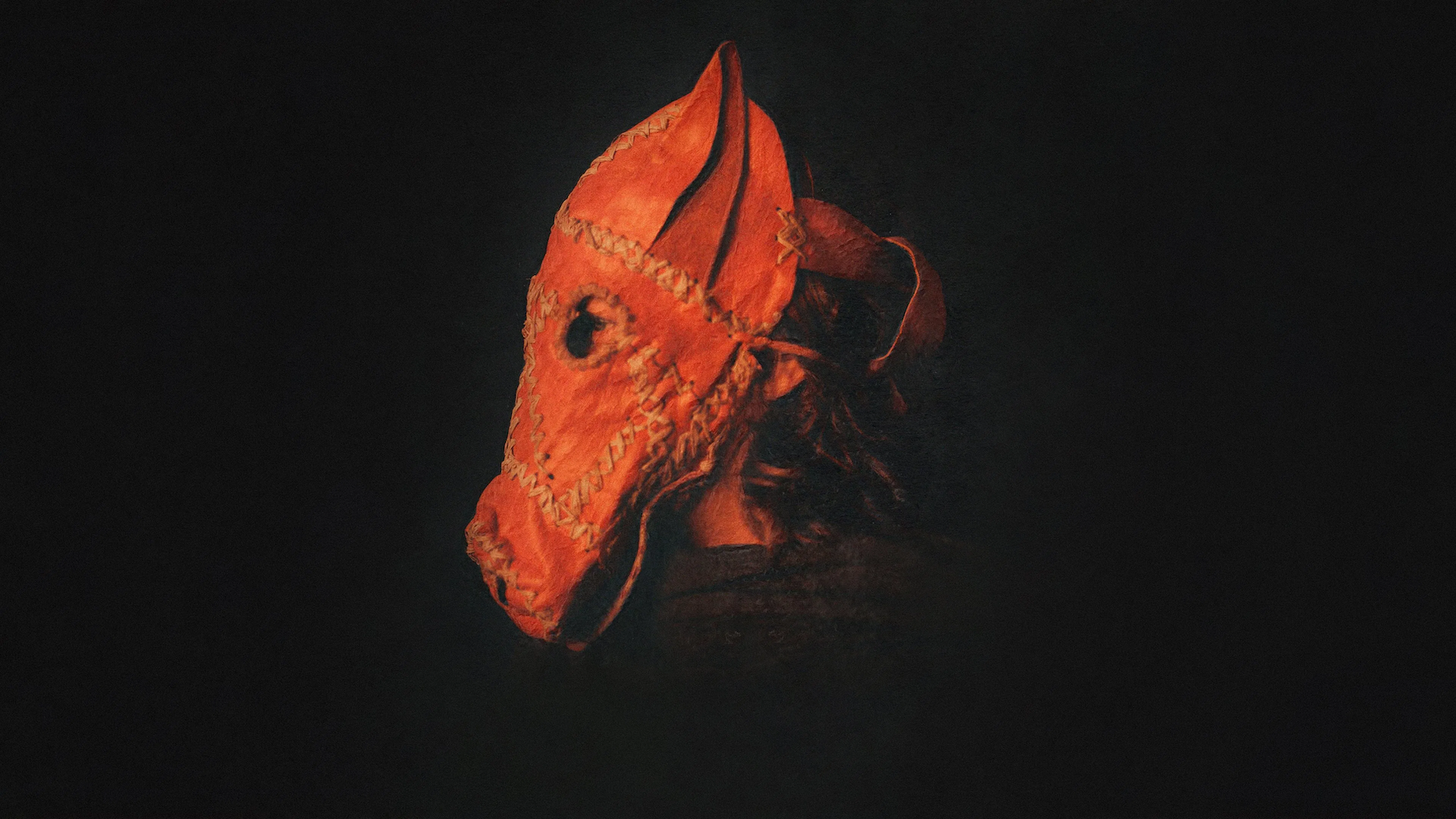Issue
54
Harvest

- Director:Athina Rachel Tsangari|
- Screenwriter:Joslyn Barnes, Athina Rachel Tsangari|
- Distributor:Mubi|
- Year:2024
Folk horror minus the horror, Harvest is another pleasingly odd outing from Athina Rachel Tsangari.
Her agrarian fable almost feels like two different movies, the first of which is considerably stranger and more elusive than the second. It’s never revealed when and where this hallucinatory drama takes place, but context clues suggest Scotland circa the 17th century — a transitional era when the old ways were giving way to the new and leaving many behind in the process. Even with that knowledge, at times you might wonder whether Tsangari has taken a cue from The Village to tell a story about a modern community roleplaying as communal farmers.
Anyone familiar with her prior work wouldn’t put it past her. First making a name for herself with 2010’s Attenberg, which heralded the arrival of the Greek Weird Wave alongside Yorgos Lanthimos’ Dogtooth, Tsangari last directed 2015’s Chevalier, about six men playing a bizarre game to determine which of them is the Best at Everything. This is a film of firsts— it’s her English-debut and her first literary adaptation, with Jim Crace’s novel of the same name providing the source material — but the theme of base impulses leading people astray is familiar, fertile ground for her.
A barn has been burned down and two doves have been killed when Harvest begins. No one in the nameless village knows who’s responsible. Caleb Landry Jones, who’s established himself as one of the arthouse world’s more outré leading men with projects like Dogman and Nitram, stars as a kind of foreman named Walter whose fellow villagers are wary of him due to his relative privilege. “In any other place, arsonists would be on hooks in common view,” he says,” “but our lands are far from anywhere.” Punishment is nevertheless meted out on three newly arrived strangers: two men are put in the pillory for a week and a woman has her head shaved.
Walter and the rest of the villagers are led by one Master Kent, who seems benevolent enough but whom you half expect to go full Midsommar at any moment. At his orders, children bump their heads against the stones that mark the end of their territory so they know not to cross them. The ritual doesn’t draw blood, but it does send a message. Tsangari constantly keeps us on our toes as she gives the sense, from the opening scene, that something is amiss here and it’s only a matter of time before our paranoia is confirmed. Whatever problems this village has within, however, its ultimate destruction comes from without.
The plot, such as it is, concerns the arrival of outsiders and their effect on the land. The first is a cartographer who’s been summoned to survey the land and draw a primitive map of it — “naming things is knowing them,” he says — and the second is Master Kent’s superior. He’s here to turn this place from a “village of enough to a settlement of plenty,” which meant the same thing several centuries ago as its corporate equivalent does today: workers out of jobs and owners maximizing profits.
Whatever problems this village has within, however, its ultimate destruction comes from without.
The real Master’s arrival divides the film into a before and after, but not in a beneficial way. Once the outside world comes to the village, so too do narrative constraints as Tsangari shifts focus away from world-building and mood-setting toward plot. In slowly morphing Harvest from a vibe-forward whatsit into a screed on the price of progress, Tsangari plays to her weaknesses rather than her strengths.
Unlike the village, however, all is not lost. Master Kent is played by Harry Melling, who’s most familiar for his role as Dudley Dursley in the Harry Potter movies but has amassed an impressive body of work since graduating from Hogwarts, with roles in The Ballad of Buster Scruggs, The Queen’s Gambit, and The Tragedy of Macbeth showing his eclectic range. He’s especially good here, embodying the film’s warning about what happens when modernity comes for tradition with an appropriately out-there performance. “The world outside the village cannot be as frightening as Master Kent claims it,” one of his subjects reasons, but what if it can?
